The Capillary Wave: Word Index

Understanding this word’s importance at law will help explain much of the system of law and governance itself. For instance, the citizens of the common-wealth countries under the Crown, are what is known at law as “commoners”.
Citizens that vote, and whom are registered to vote are “commoners”, because they are members of the House of Commons. Many citizens believe that it is their Members of Parliament (MP’s) that are “the government”, but that is incorrect. An MP by definition is a “representative of the commoners” – you. Therefore, you are “the government” that they merely represent.
If you are eligible to vote (i.e on the electoral register) at the elections for candidates of Parliament, or if you have indeed voted; then you will have a Member of Parliament (MP) who represents you at the House of Commons, and you will therefore be considered as consenting to the Parliamentary legislative process. Your Member of Parliament represents you in the House of Commons, which is the lower house of the Parliament of the United Kingdom. This makes you a commoner. The Black Belt Barrister (YouTube channel) explains very briefly here how one’s consent is gained to be governed:
- The Black Belt Barrister – The Consent Of The Governed
Becoming a commoner makes one a member of the class of persons known as the: third estate of the realm; making one a third class citizen. When one became a commoner, one received a rank and a title of a new House / society. The rank is “commoner” and the title for that rank is Master; you may be more familiar with that title written as: Mr, Messers, Mrs or Ms. The title one has as a commoner belongs to that of the lowest rank in society, a member of the third estate of the realm. For a more in depth look specifically on this process, see my article: How You Became The Government.
Becoming a commoner, and therefore citizen of a country means that one now belongs to a new house, and a new family. At law, the words “house” and “family” are interchangeable, synonymous words.
The House of Commons is the family of commoners under the King. These terms, and this position of commoner in civic society, will play a big part in explaining why becoming a commoner has huge ramifications biblically, and why at law becoming a commoner means that you have forgone your right to a private life.
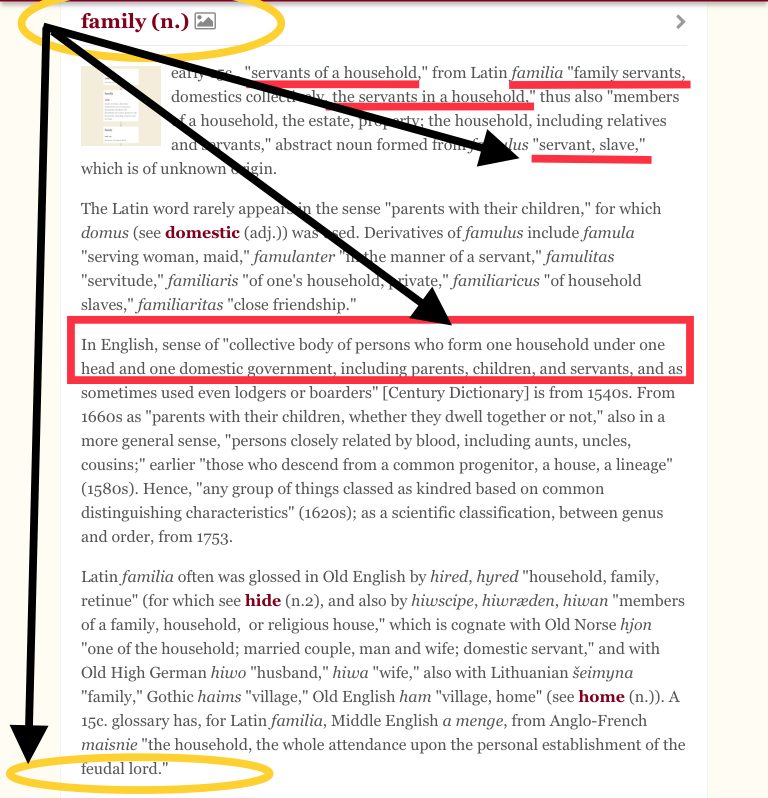
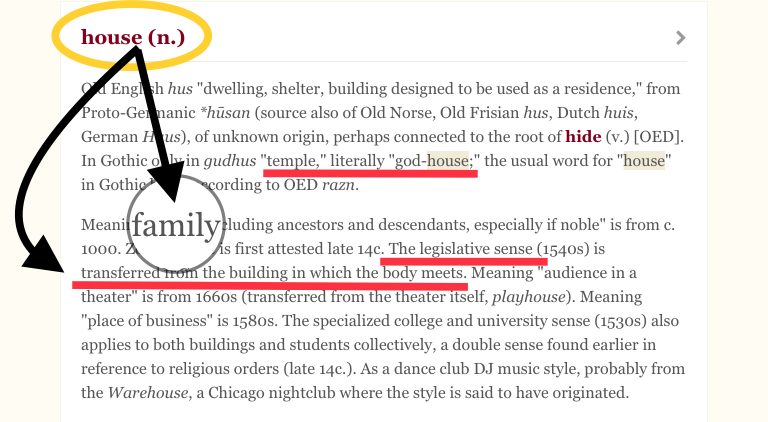
Now that one is in a new family / house as a commoner, one also has a new father and mother in terms of law and governance. We are probably all aware that in most houses dad makes the rules, and “whilst you are under my roof you will follow my rules”. It is exactly the same in terms of law and governance; the father makes the rules, and the father of the country: UNITED KINGDOM is King Charles. That is a statement of fact, and is true at law.
By becoming a commoner, one has become an infant of the state; a ward, which is precisely why the state gets to tell its citizens what to do, and how to do it, in every aspect of the lives of its citizens.
The below table evidences the two families that are available in terms of law and governance. We do have the choice of which father we opt for, and which law we will then follow in our fathers house; be that legislation at Parliament, or Scripture:
God’s Kingdom
Vs.
Man’s Kingdom
God
vs
Man
God, The Father
vs
The King is known as the father of the nation. America has the “founding fathers”
From one: God, via Adam; the family is many
vs
From the many we produce one King: god
God’s family – Nation
vs
UK – Family, Country
Born of / Created by God
vs
Birthed by the UK
Belonging to God
vs
Secular – Belonging to the state
The LORD is our judge, The LORD is our lawgiver, the LORD is our King; He will save us – Isaiah 33:22
vs
The 3 branches of state
Judicial branch – Legislative branch -Executive branch –
The Family
Our Father who art in heaven
Body of Christ is the mother; church
We are His children
vs
The Family
America’s Founding fathers / the King is the “father of the nation”
Church of England is “mother church”
Citizens are: “Wards Of The State” meaning “infants”
vs
We identify with a passport / driving licence issued by the state (graven image – see Index: Person)
This is why those that follow Christ call each other “brother”, they belong in God’s house. Those who chose a different father (King Charles) in a new house (House of Commons) are also part of the same “family”, and share things in common, under their King. See my article: Calling All Patriots for a deeper dive in to this subject.
- No man can serve two masters: for either he will hate the one, and love the other; or else he will hold to the one, and despise the other. Ye cannot serve God and mammon. – Matthew 6:24, KJV 1611
In terms of law and governance this is extremely relevant when there is a civil dispute between two of the countries citizens, daddy has to step in and sort out the quarrel. If two neighbours are arguing over a shared driveway and it gets to a county court, the father will judge the case and rule in favour of one of his wards over the other. Similar to what a mother does when two of her children are quarrelling over who gets to play with the new toy. It is the fathers house (King Charles) and a citizen will obey the fathers rules, and follow his [court] orders.
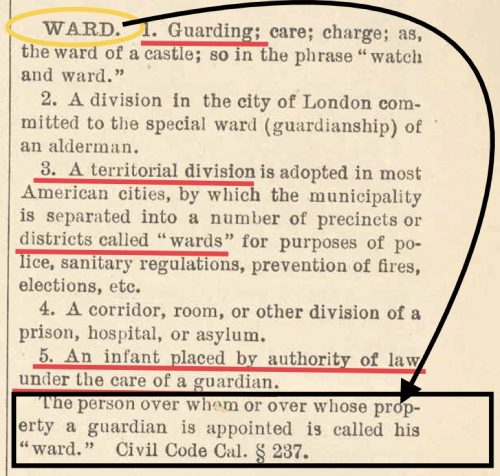
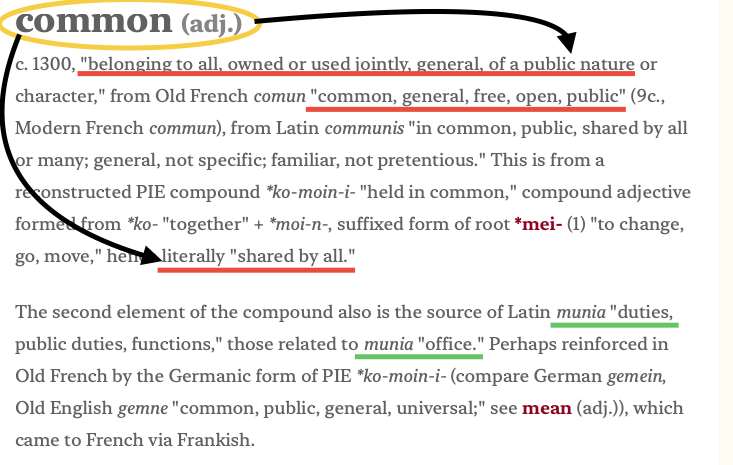
A persons last Will and Testimony is also public property when it is registered. This becomes evident when it is searchable by anyone on a register, and more so when it is left unclaimed; as it then returns to the true owner.
The fact that the National Will Register exists is proof of the fact that all registered Last Wills and Testaments are public property.
When there is an unclaimed “estate” (that is what a Will is; the wishes for a persons estate) it is known as bona vacantia, and the Crown claims it back.
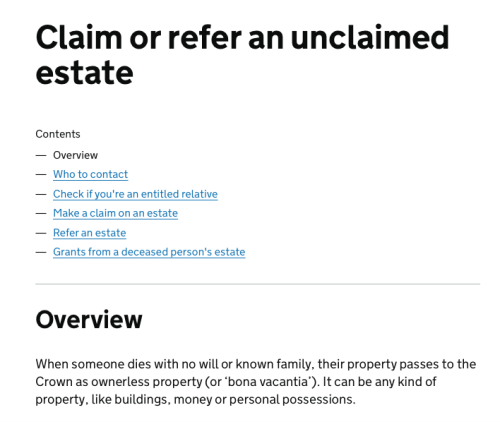
Clearly the estate returns to its original owner.
This is one reason why “civil trespass” is so hard to prosecute. When you think about trespass in terms of a family situation, is there such a thing as “civil trespass”? When you were a child and you went in to your brothers bedroom uninvited, he may have made a fuss and told you to leave, but he never really “owned” his bedroom, and daddy would always sort out the quarrel and “lay down the law”. This is the situation with civil trespass. It is two citizens arguing over something that they do not own in terms of law and governance; they may believe that they own the thing; the driveway, the land, the car, but they do not, daddy does; the King. The citizen simply pays the tribute to the King (tax) for the King to allow the citizen use of the King’s property. See the word index “property” for a further explanation:
- Word Index: Property
That is why citizens have the right to a “private life”, in fact it is enshrined in law, and this can be found evidenced in most local council’s constitutional documents; however the citizen forgoes that right of a private life when they opt to become a citizen of the state, belonging to the state, in a new family.
- Word Index: State
To become a citizen and therefore a commoner of a country is extremely bad news from a biblical point of view. It breaks the first four of the Ten Commandments which are:
- Thou shalt have no other gods before me.
- Thou shalt not make unto thee any graven image, or any likeness of any thing that is in heaven above, or that is in the earth beneath, or that is in the water under the earth:
- Thou shalt not bow down thyself to them, nor serve them: for I the LORD thy God am a jealous God, visiting the iniquity of the fathers upon the children unto the third and fourth generation of them that hate me;
- And shewing mercy unto thousands of them that love me, and keep my commandments.
Becoming a citizen of a country breaks the first commandment because King Charles becomes a new god (small “g” god means an earthly ruler and judge). King Charles also becomes the citizens new father, and The Bible states: And call no man your father upon the earth: for one is your Father, which is in heaven – Matthew 23:9, KJV 1611.
Becoming a citizen of a country breaks the second commandment because a country is what The Bible calls a graven image. A country is what the legal system itself calls a legal fiction (ens legis). A legal fiction (ens legis) is a graven image and that is also what a citizen becomes him / herself when one becomes that citizen. This is a fact at law as explained further in the Word Index:
- Word Index: Ens Legis
- Word Index: Legal Fiction
- Word Index: Citizen
Becoming a citizen of a country breaks the third commandment because the earthly King, is a god, and father to his citizenry. The citizen pays tribute to their god, their new father. Tribute and tax are synonymous, interchangeable words.
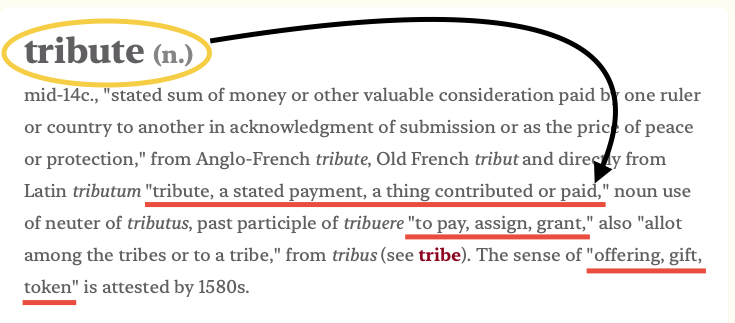

It follows then that the fourth commandment is also broken because the commandments of the Heavenly Father have not been obeyed.
Lastly this is how the biblical concordance defines “common”:
• From Strongs Concordance: [COMMON]
< 2839. koinos >
Strong’s Concordance koinos: common
Original Word: KOIVOS
Part of Speech: Adjective
Transliteration: koinOS
Phonetic Spelling: (koy-nOS’)
Definition: Common usage: (a) common, shared, (b) Hebraistic use: profane; dirty, unclean, unwashed.
HELPS Word-studies
2839 koinos – properly, common, referring to what is defiled (stripped of specialness) because treated as ordinary (“common”). 2839 /koinos (“defiled”) describes the result of a person reducing what God calls special {holy, se( apart) – to what is mundane, i.e. stripping it of its sacredness.
2839 /koinos (“defiled because treated as common”) is always used negatively, i.e. for what is profaned – except in Jude 1:3 where it refers to the gift of salvation shared (held in common) by all true believers.
[2839 /koinos (“common”) typically refers to spiritual desecration. This happens when a person treats what is sacred (set apart to God) as ordinary (“not special”).]